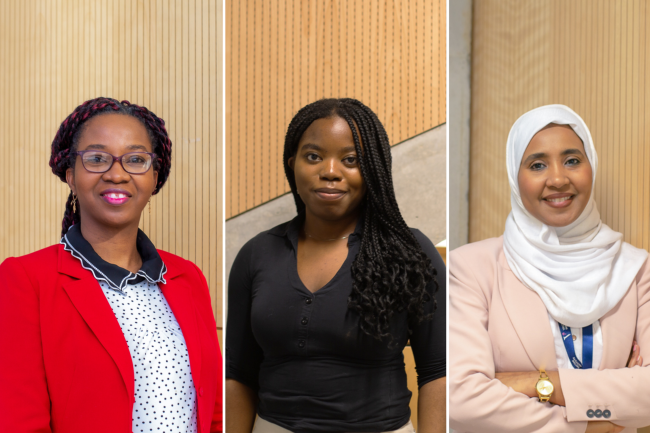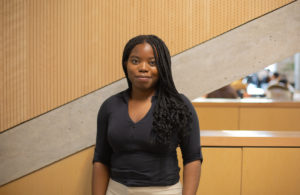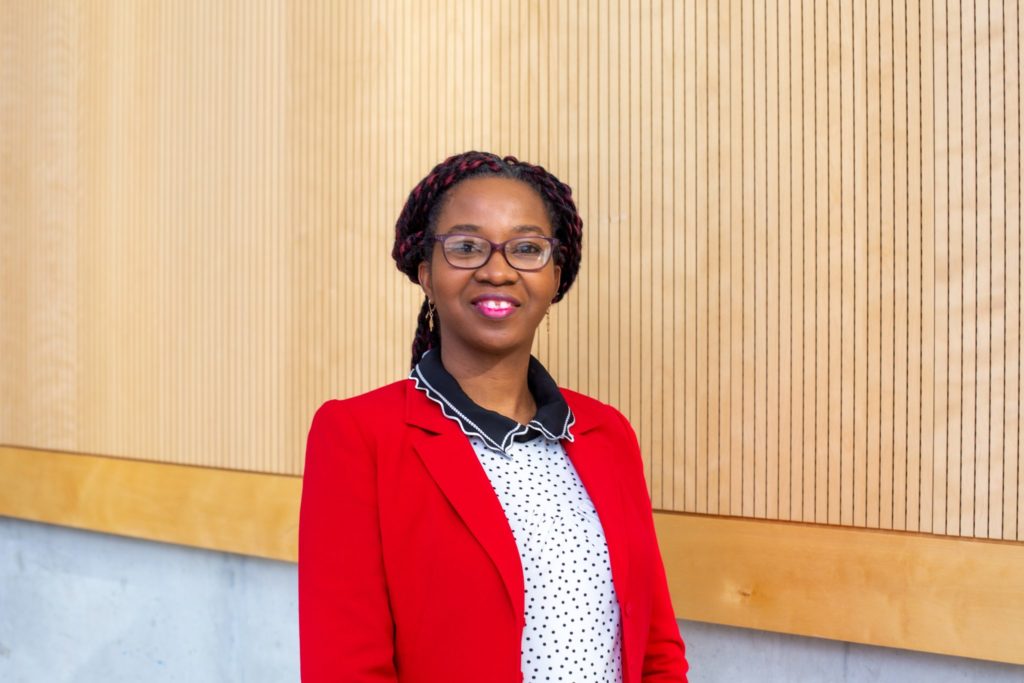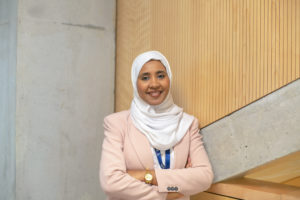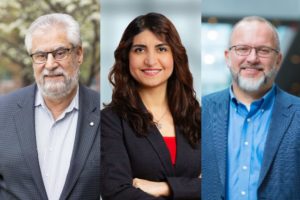
From left to right: Professors Michael Sefton (BME, ChemE), Azadeh Yadollahi (BME) and Craig Simmons (MIE, BME) (Photos: Neil Ta, Submitted)
Two multidisciplinary teams led by U of T Engineering researchers will train a new generation of experts to address challenges in health care, from organ rejuvenation to more equitable access to treatment for heart failure.
Professor Michael Sefton (BME, ChemE) is leading Cell and Engineering Approaches to Preserve and Rejuvenate Organs (CEAPRO), one of two projects that have been awarded a total of more than $3 million in Collaborative Research and Training Experience (CREATE) grants from the Natural Science and Engineering Research Council of Canada.
He says that regenerative medicine has the potential to transform health care as we know it by treating incurable diseases, but that to enable this future, researchers and clinicians will need to address key issues.
“There is a great need to provide students and trainees with a stronger knowledge of transplant problems,” says Sefton, who is also the scientific director of Medicine by Design, a research hub at the University of Toronto that aims to advance regenerative medicine discoveries.
Some of the challenges facing Sefton and his team include understanding cell states that are required for tissue-specific regeneration, as well as developing and enhancing these processes at the organ level.
CEAPRO will build on the expertise of Medicine by Design and the University Health Network’s Ajmera Transplant Centre, which is Canada’s largest transplant program, to train a skilled workforce that can bring living therapy technologies from laboratories into clinical practice. Trainees will receive interdisciplinary technical training, mobility opportunities and mentorships, and professional skills training across three pillars:
- Fundamental biology and target discovery
- Organ rejuvenation technologies
- Pre-translation and commercialization
“The ultimate goal of the program is to build better organs,” says Sefton. “We want to train scientists to not only engineer new organs, but to understand the behaviour of the organs once implanted in bodies, including immunology issues.”
Among CEAPRO’s multi-disciplinary team of 11 professors and 21 collaborators from industry, academia, government and the community is Professor Sonya MacParland (Medicine & Pathology), a scientist and immunologist at the Ajmera Transplant Centre, who is especially critical to the project.
Her research expertise includes using single cell RNA sequencing to explore the microenvironment of healthy and diseased human livers.
“Working with RNA sequencing will help us understand the fundamentals of the immune response that happens when a lab-grown organ is implanted in a human body,” Sefton says. “Our goal is to be able to tune the immune response to do what we want to circumvent transplant issues.”
The second CREATE grant will be led by TRANSFORM HF, a joint initiative between U of T and the Ted Rogers Centre for Heart Research that aims to address inequalities in heart failure care through innovations in digital technologies.
Cardiovascular disease (CVD) is a leading cause of hospitalization and death in Canada. While these diseases can often be managed, individuals from structurally disadvantaged groups carry the greatest burden of morbidity and mortality because of barriers that prevent access to high-quality cardiovascular care.
“Digital health innovations can address these barriers, but they must be co-developed and co-implemented through a health equity lens to ensure we aren’t exacerbating existing disparities,” says Professor Azadeh Yadollahi (BME), a senior scientist at UHN-KITE, and the principal investigator of the NSERC CREATE in Translating Cardiovascular Remote Diagnostic and Monitoring Technologies for Equitable Healthcare (CaRDM Eq).
“CaRDM Eq aims to bridge the digital divide by training innovators to consider a suite of factors as they deliver impactful and equitable solutions.”
The new training program will be dedicated to supporting digital innovation, such as remote diagnostic and monitoring technologies, for equitable access to high-quality heart failure care. This will be accomplished through four key objectives:
- Deliver technical training in cardiovascular digital health innovation.
- Develop professional skills to design for equity.
- Provide experiential learning opportunities in designing for equity.
- Facilitate mobility between institutions, disciplines and sectors.
The multidisciplinary team led by Yadollahi is comprised of 10 professors from U of T and McMaster University, spanning engineering, chemistry, public health and medicine. More than 30 industry, community, academic and clinical collaborators will help deliver CaRDM Eq’s training components.
“The motivation behind our CREATE program is to train the next generation of engineers, scientists and clinicians to develop digital health technologies, such as point-of-care diagnostic devices, wearables and other sensors for monitoring heart function and heart failure. But we are doing this in a way that ensures equitable access to heart failure care,” says Professor Craig Simmons (MIE, BME), co-lead of TRANSFORM HF.
“We want to build a community where we have multiple disciplines working together to enable better heart failure care for all.”
– This story was originally published on the University of Toronto’s Faculty of Applied Science and Engineering News Site on April 18, 2023 by Safa Jinje.
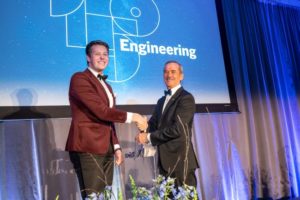
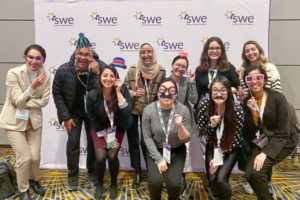
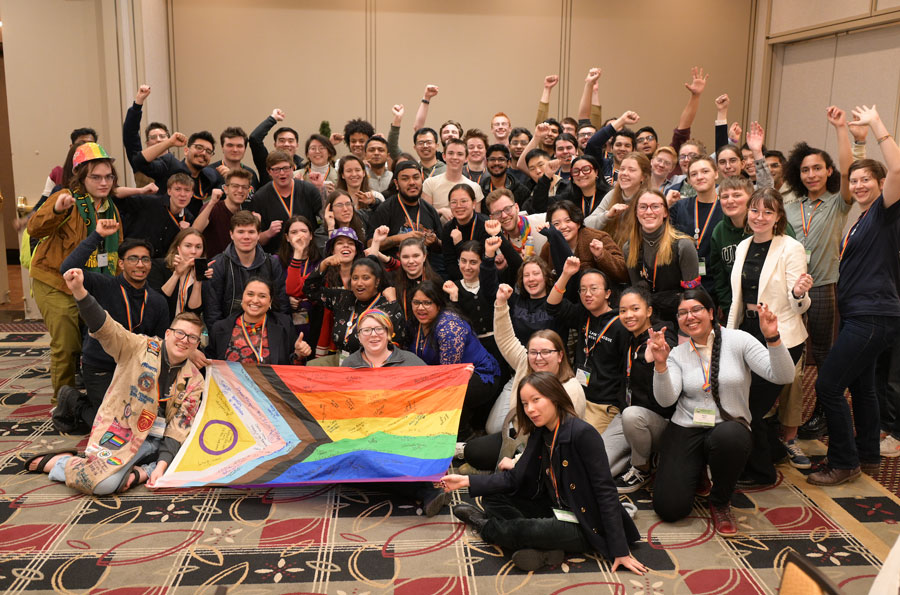
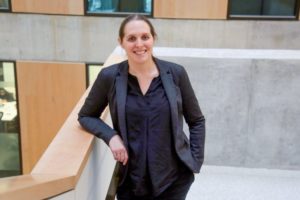
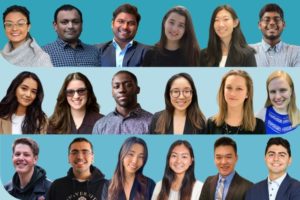
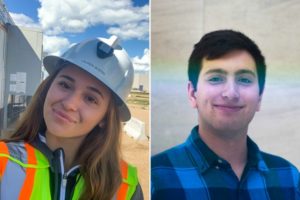
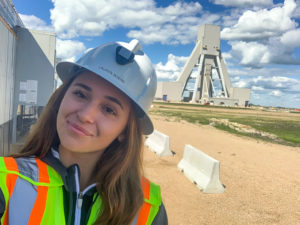
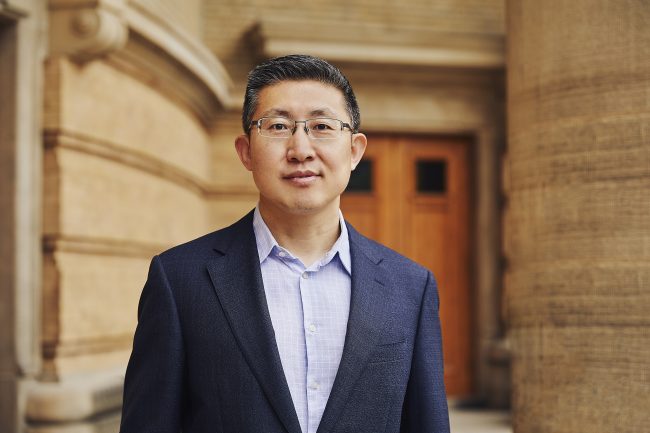
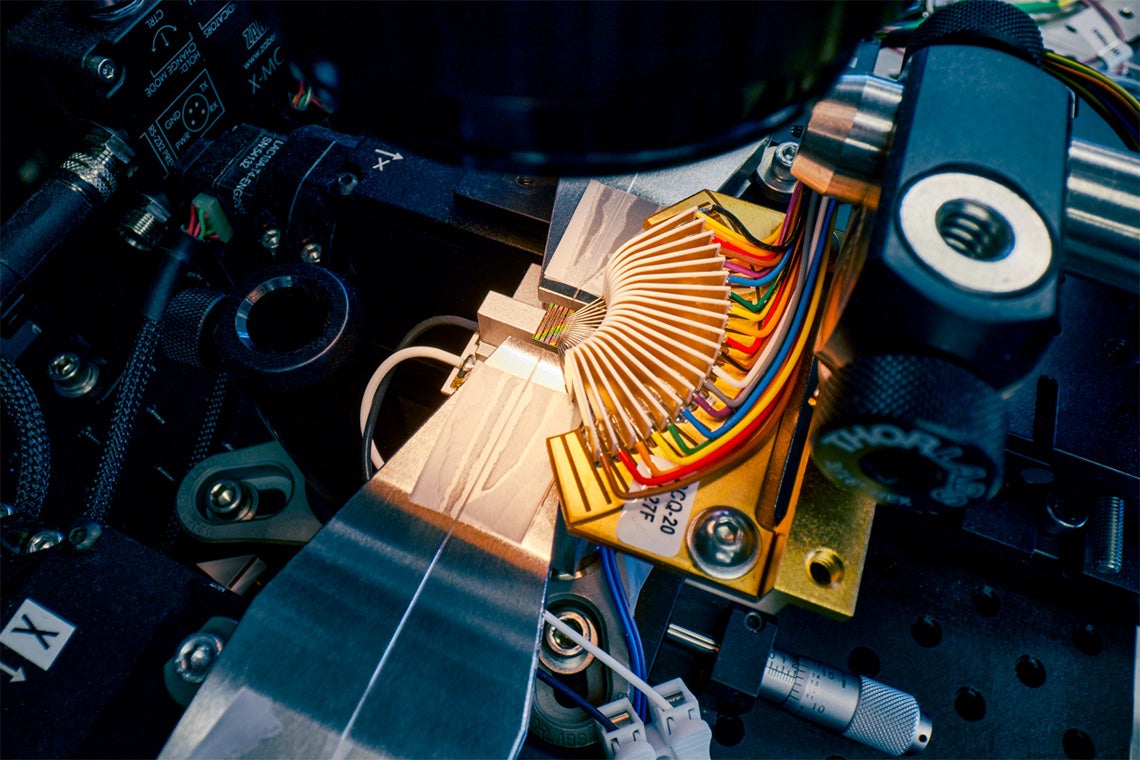
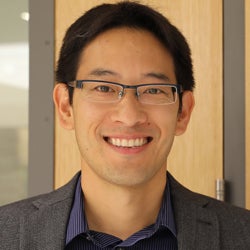
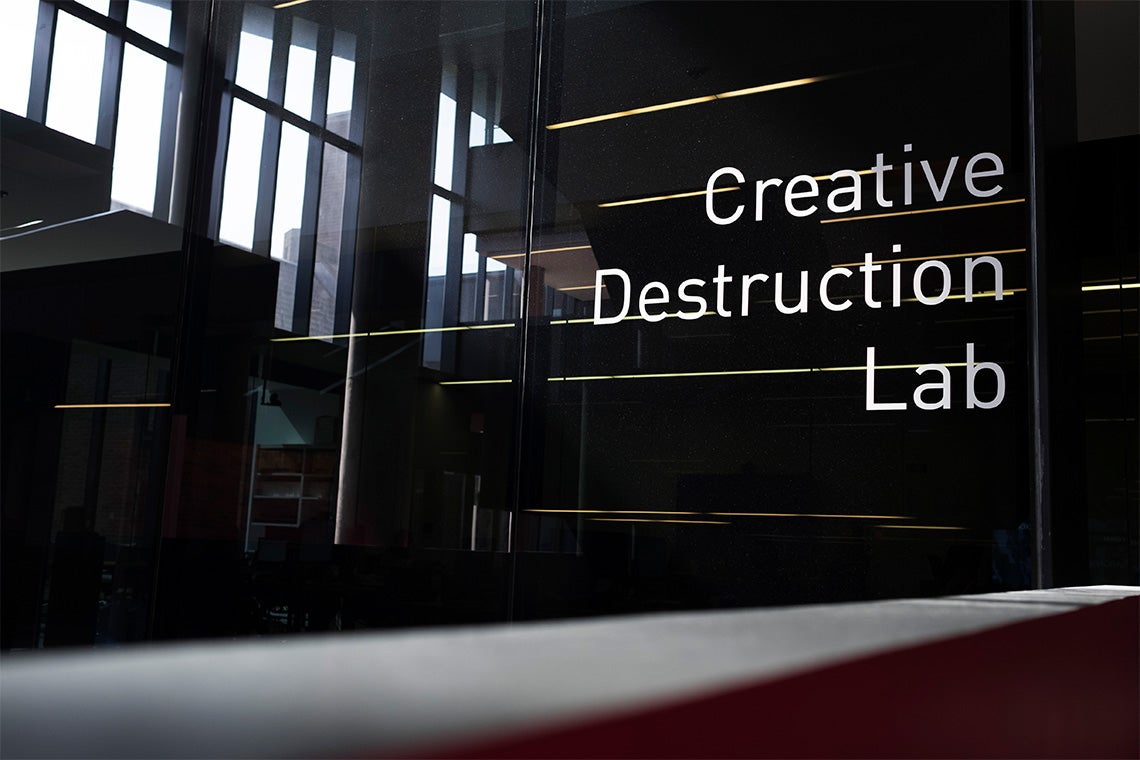
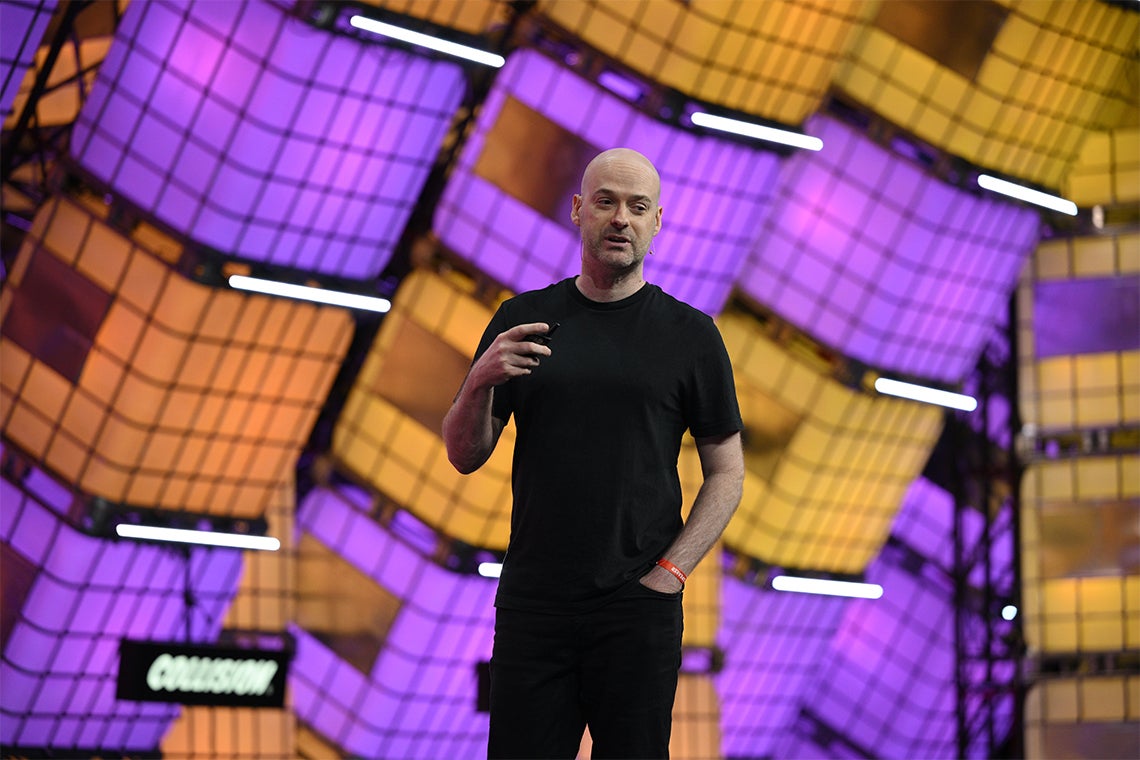
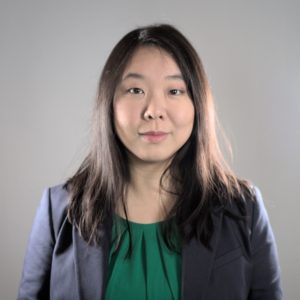 Janet Lam joins U of T Engineering as an Assistant Professor, Teaching Stream within the Department of Mechanical & Industrial Engineering. She brings with her more than 10 years of teaching undergraduate, graduate, and professional students. She was a Teaching Specialist for first year engineering students at Michigan State University from 2016 to 2017 and is a Fellow of the National Effective Teaching Institute and a Runner-Up Best Upper Year Instructor in the Skule Student Choice awards 2020-2021.
Janet Lam joins U of T Engineering as an Assistant Professor, Teaching Stream within the Department of Mechanical & Industrial Engineering. She brings with her more than 10 years of teaching undergraduate, graduate, and professional students. She was a Teaching Specialist for first year engineering students at Michigan State University from 2016 to 2017 and is a Fellow of the National Effective Teaching Institute and a Runner-Up Best Upper Year Instructor in the Skule Student Choice awards 2020-2021.